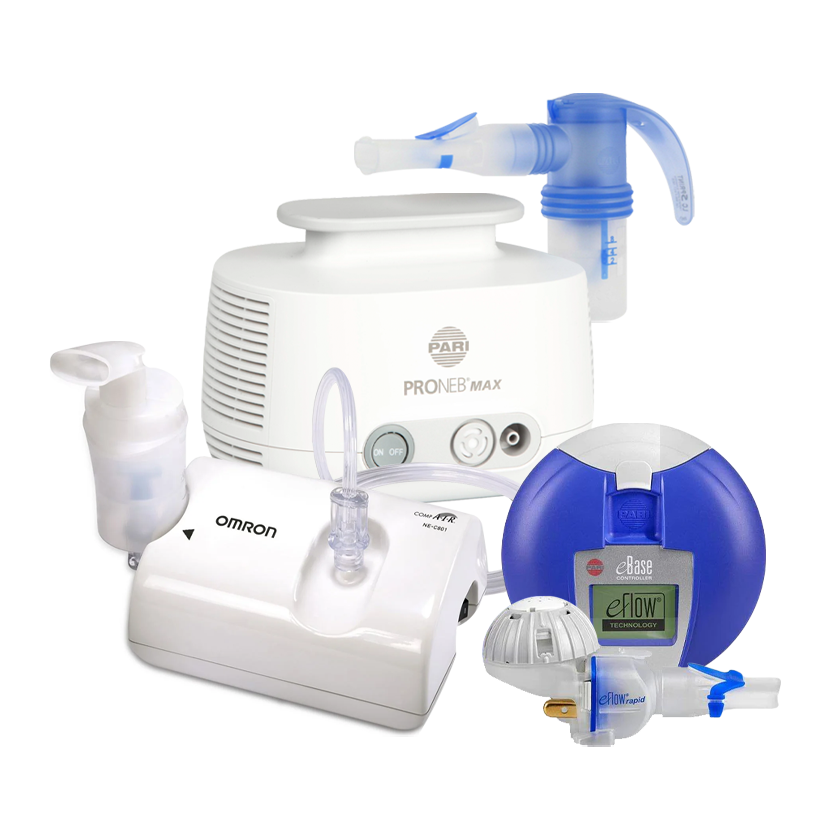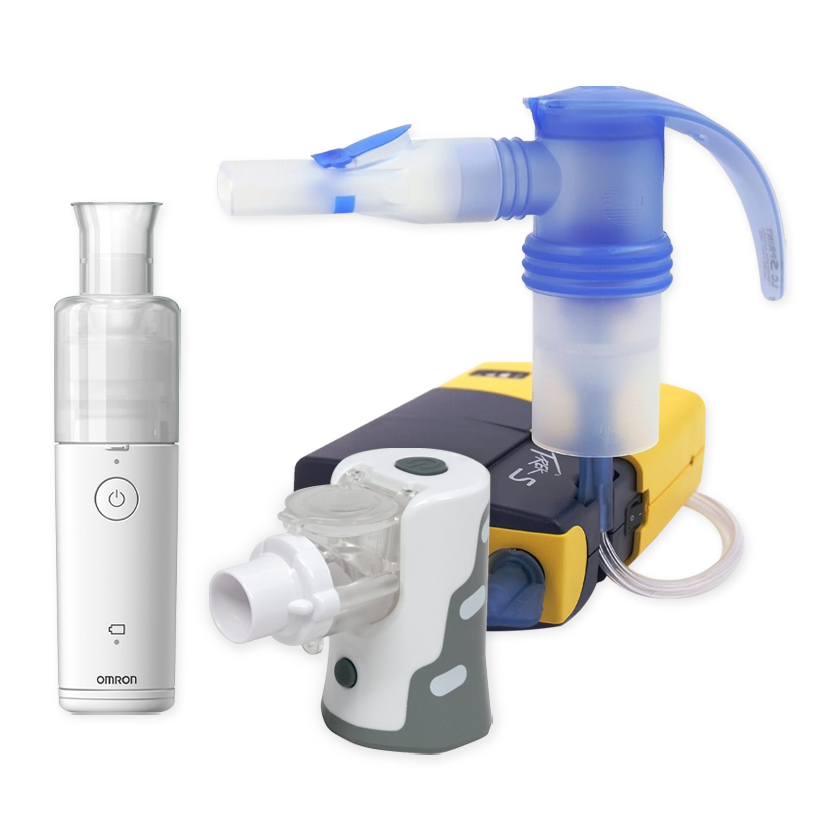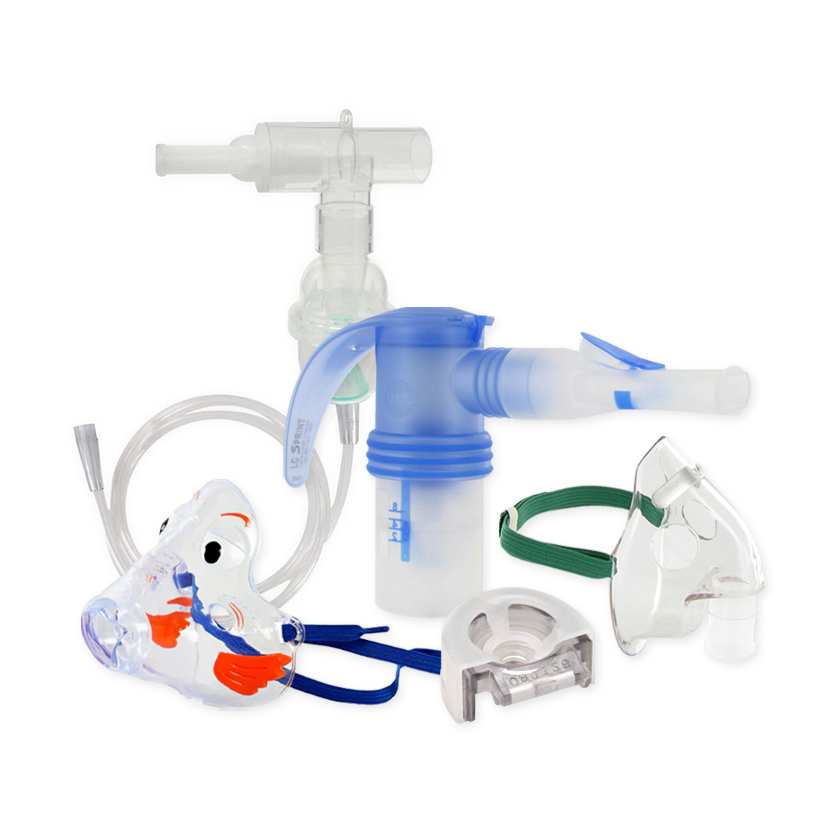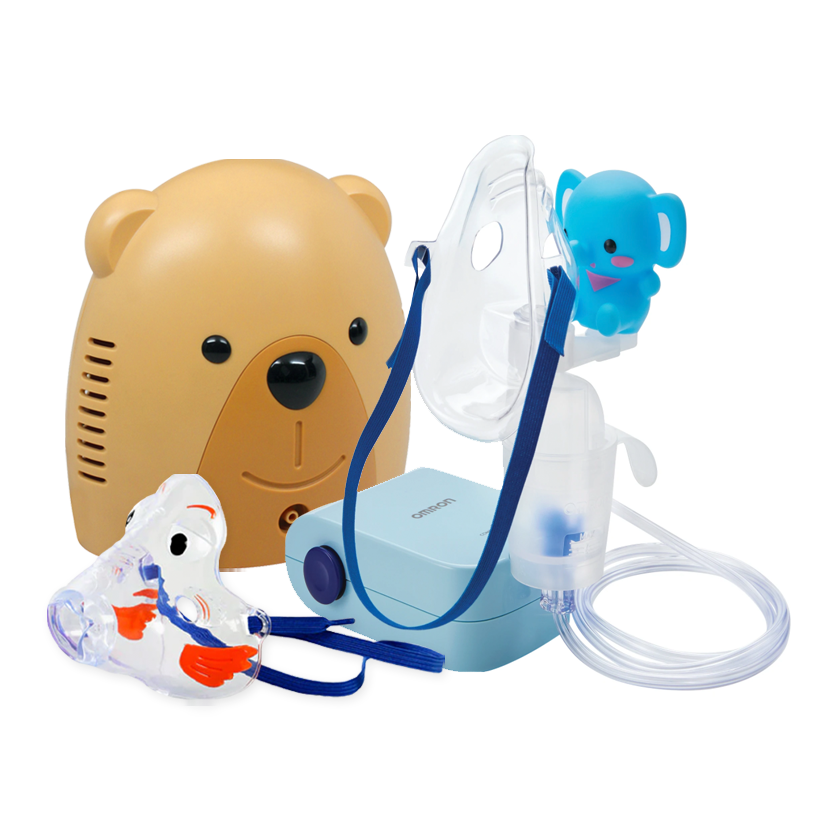Your Cart is Empty
Free Shipping on all orders over $75!
Menu

Free Shipping on all orders over $75!
Nebulizer Systems
Travel Nebulizers
Nebulizer Accessories
Just For Kids
Oxygen Supplies
Interview with Becky Giles
September 25, 2013 5 min read
This week we were fortunate enough to get to interview popular asthma blogger Becky Giles, who just recently made Healthline’s list of Best Asthma Blogs. For anyone who’s not yet read her blog, you can find it at http://theanticsofabrittleasthmatic.blogspot.com. Becky lives with brittle asthma or persistent severe asthma as it’s known in the US.
What’s the difference between regular asthma and brittle asthma?
Everyone with asthma has the same variety of symptoms to different degrees due to the same underlying processes of inflammation of the lining of the lungs which causes swelling and too much mucous. In brittle asthma, these symptoms are often very severe and often don’t respond well to the standard asthma treatments and medications, and attacks are also very severe and very unpredictable, and the effect all of this has on the person with brittle asthma is very significant.
And when were you first diagnosed?
I have always had asthma, but it wasn’t until I was in my very early twenties that I was diagnosed with brittle asthma. Since then I’ve had too many hospital admissions to count, most of which have been life-threatening.
How did your asthma affect you growing up?
My mother tells me that I had my first asthma attack when I was about three months old. When I was young my asthma wasn’t terribly well controlled. I remember getting grumpy because I couldn’t always keep up with my brothers and my friends, but on the whole I was very active.
There was a period between the ages of about nine to twelve when I was actually relatively free of asthma, but it came back with a vengeance one day on a biology field trip with school. From then on I had a lot of bronchitis/pneumonia, I missed a huge amount of school so that my grades ultimately suffered significantly, and I gradually withdrew from a lot of the sporting activities I had enjoyed. Not all, it has to be said, and for a time I took up karate, eventually becoming an instructor! But those times are way behind me now.
Physically how do you handle having asthma?
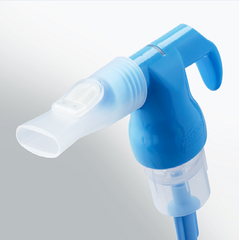 I have a lot of medications I have to take everyday – some are tablets, one is an inhaler, the others are nebulisers. I take the tablets and inhaler in the morning and evening, but I have to use my nebuliser at least four times a day, which means making time for it whatever else I might have planned. I have a nebuliser that I keep by my bed for my morning and night nebulisations, but also carry a small nebuliser with me everywhere I go, partly so that I can keep up with my regular treatments, but also because I have to have immediate access to a nebuliser in the instance of an asthma attack. I’ve had to get over any hang-ups I may have once had about using my nebuliser in public, and in asking for help from strangers when the need arises.
I have a lot of medications I have to take everyday – some are tablets, one is an inhaler, the others are nebulisers. I take the tablets and inhaler in the morning and evening, but I have to use my nebuliser at least four times a day, which means making time for it whatever else I might have planned. I have a nebuliser that I keep by my bed for my morning and night nebulisations, but also carry a small nebuliser with me everywhere I go, partly so that I can keep up with my regular treatments, but also because I have to have immediate access to a nebuliser in the instance of an asthma attack. I’ve had to get over any hang-ups I may have once had about using my nebuliser in public, and in asking for help from strangers when the need arises.
As well as carrying a nebuliser with me at all times, I also carry epi-pens and antihistamines because I have a lot of anaphylactic allergies as well, and any anaphylactic reaction in me always sets off my asthma too. But it’s not just medication I take with me. I’ve learnt to become very organised with my asthma so I always carry—
- A list of all my medication with doses and times they’re taken
- A list of my allergies
- My name, date of birth, and insurance information
- A summary of every aspect of my medical history, including information about surgery, immunizations, and any history of conditions within the family
- Details of my next of kin and other relevant people that may need to be contacted in the event of illness
- A laminated letter from my asthma consultant detailing the most effective course of treatment to date for me in the event of an asthma attack
It sounds like a lot of hassle, but once all this is gathered together it’s very easy to maintain and keep up to date, and it has proved extremely useful when I’ve been taken ill.
Emotionally how do you handle having asthma?
I go through times of resenting my asthma. I resent that it’s stopped me from doing so much, that I’ve missed so many things I wanted to do because I’ve been in hospital, that I haven’t been able to lead the life I wanted or expected for myself. But a long time ago I realised that resenting these things wasn’t going to change any of it, so for the most part I now live alongside it. The sum of me is not my asthma, but it is an undeniable part of me. I’ve found writing about it has helped a lot – it helps me to formulate my thoughts and feelings about it; after an asthma attack, writing about it helps me understand what has happened and so come to terms with it. I’ve also armed myself with information about my condition – what’s happening to my body physically, some of what’s going on molecularly, what my medications do and how they work, the range of treatments out there, any new possible treatments being developed. It all helps me feel a little bit more in control of a situation that is often out of my control.
I read that you’re working toward an MA in creative writing. How’s that going? Aside from blogging, what types of things do you like to write?
I finished my MA last year and graduated from Newcastle University in December. I did a variety of types of writing for my MA, but I used the dissertation as an opportunity to write a section of the book I’m writing about my asthma. It’s what you might call ‘medical humanities’ – the human side of the medical experience. It’s all my experience of asthma, mostly in hospital, but alongside the very serious side of asthma and hospital is the more light-hearted side, and things that you wouldn’t normally think about happening in hospital. Rather than writing it as one long piece of prose, I’m writing it in short pieces – the shortest is just under a hundred and fifty words; the longest is a few thousand words – so it should be easy for the reader to pick up and read in short bursts if they want to or don’t have much time – and each of the pieces has its own voice.
Quite differently from my book about asthma, I’m also writing a short book of children’s stories about my cat: ‘The Adventures of Zachariah Zebedee.’ It’s aimed at children in the younger end of the seven to nine age group, and has so far been received well by my two young nephews who are almost five and almost seven. It’s ever so different writing these stories from writing my other book, and whilst I hate the editing process, the first draft is pure fun for me. I like having the contrast in the two projects ... and I really must get on with them...
Do you have any advice for others living with severe asthma?
Take your asthma seriously, don’t be complacent, and insist on the same from your family, friends and doctors because all asthma should be respected as the killer it can be, so keep up with all your medications and medical appointments. Try to maintain good relationships with your doctors, and be honest with them about the physical and emotional impact the illness is having on you, because that puts them in the best position to help you as much as they can. However much you may resent your illness and the effect it has your life, try to reach a point where you live alongside it instead, because it’s only by doing this that you’ll best look after yourself. Having said that, don’t let it control your life any more than it has to.
Thanks for the interview, Becky! And best of luck with your books!
Subscribe
Sign up to get the latest on sales, new releases and more …
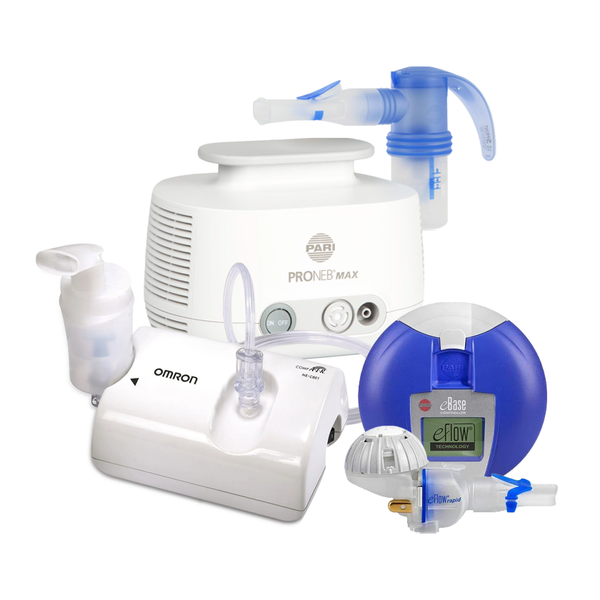
NEW CUSTOMERS SAVE $5 OFF YOUR FIRST PURCHASE OF $20 OR MORE
Code will be sent to email entered if applicable
SIGN UP FOR FUTURE SALES, NEW PRODUCTS AND ANNOUNCEMENTS
{"themeColor":"#061f77","iconColor":"#061f77","showLogo":true,"topBottomPosition":0,"rightLeftPosition":5,"iconSize":"large","iconCustomSize":64,"position":"middle-right"}
